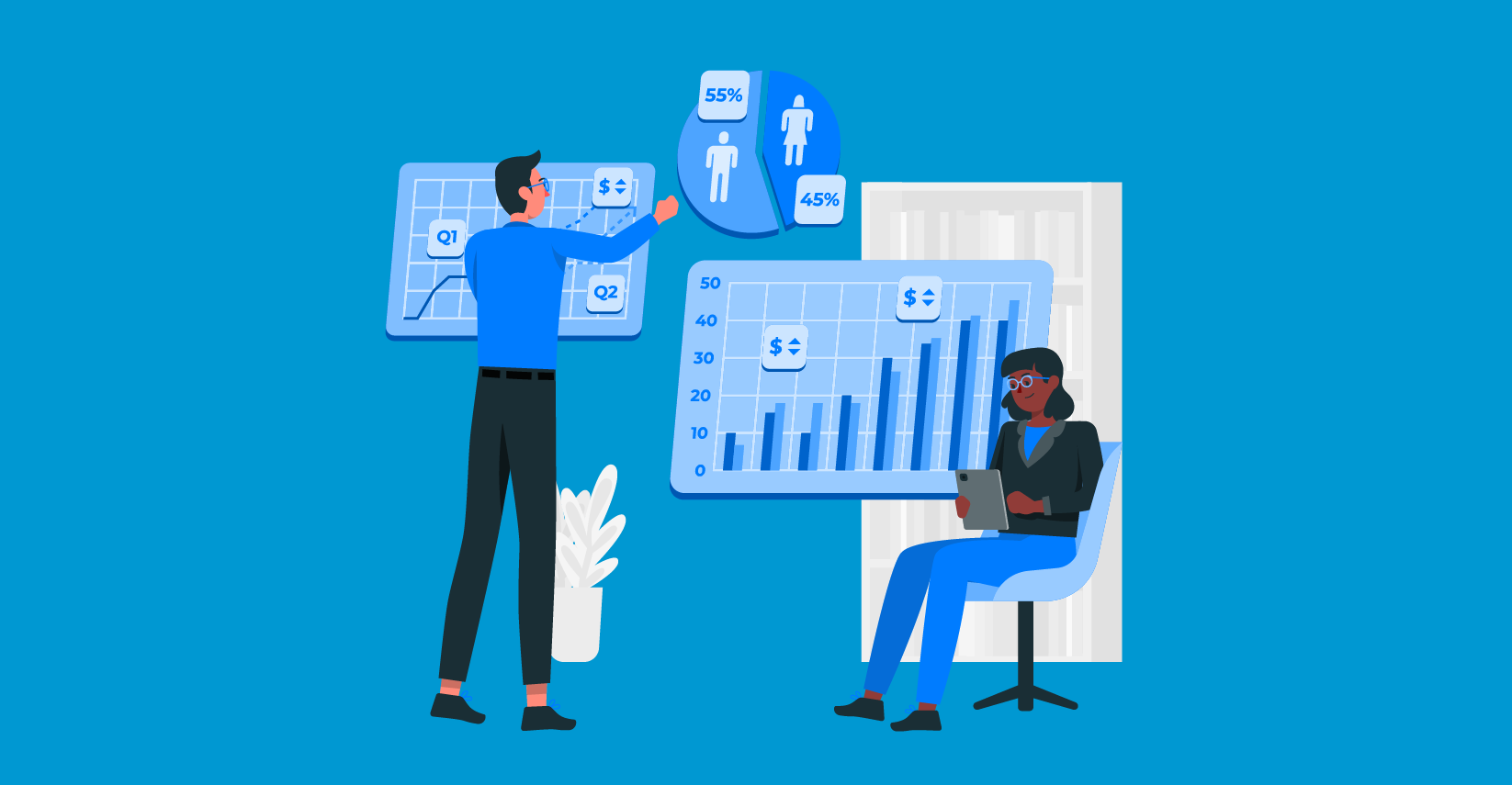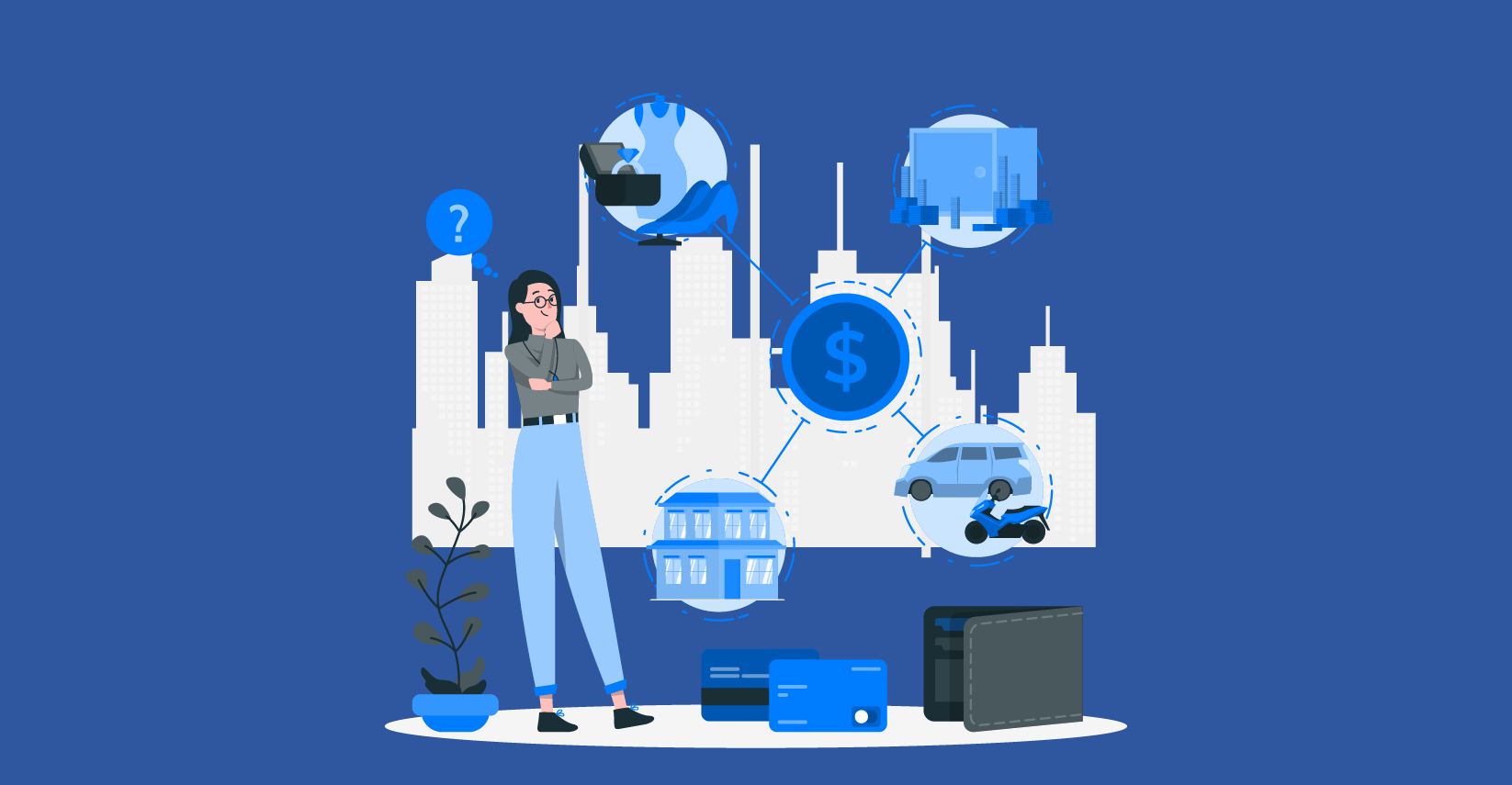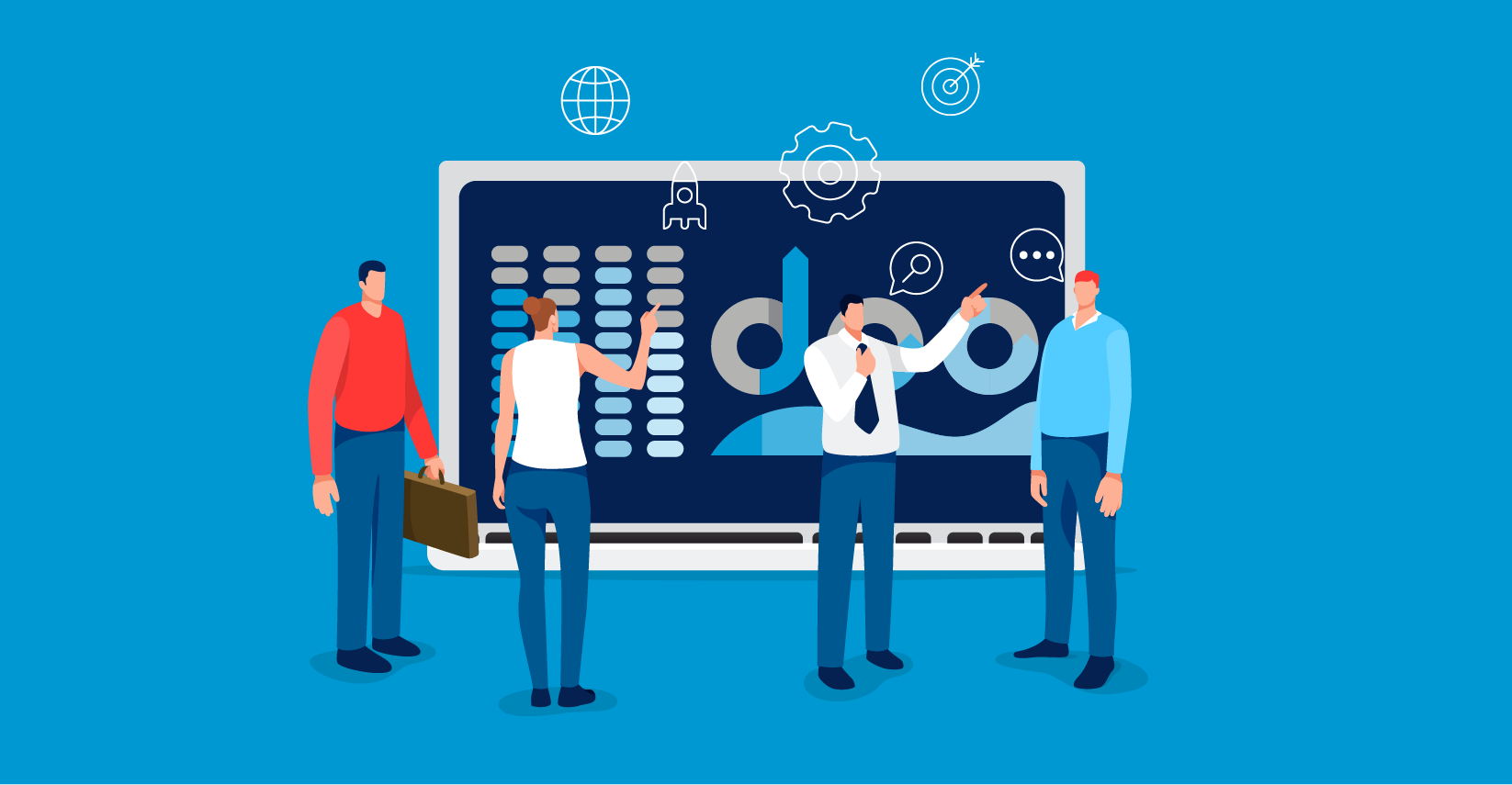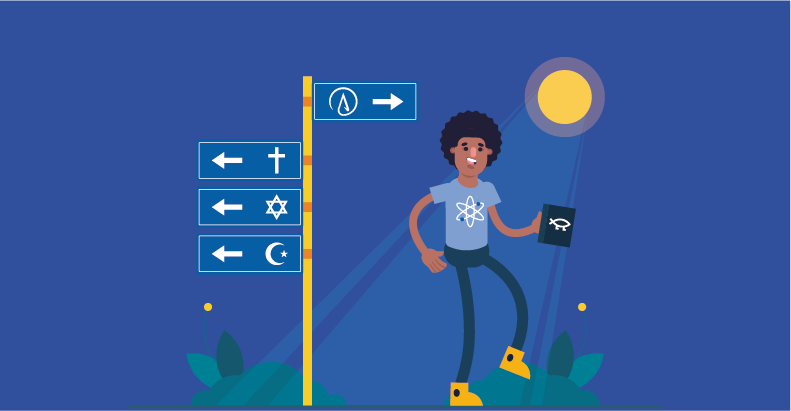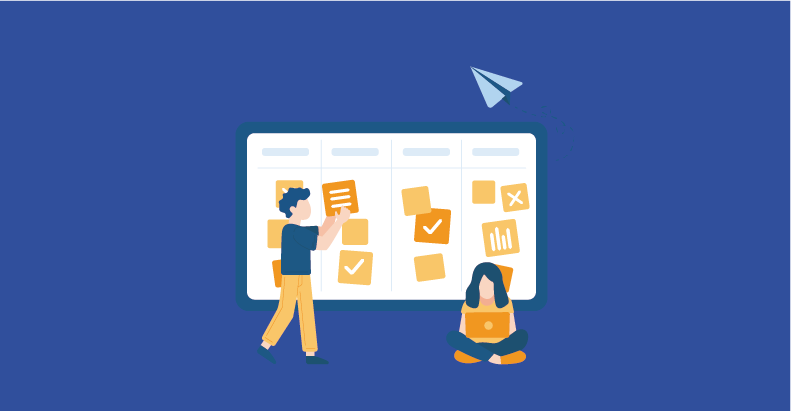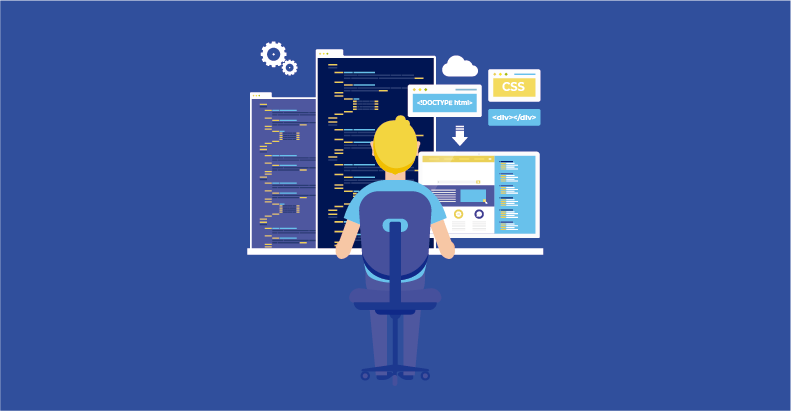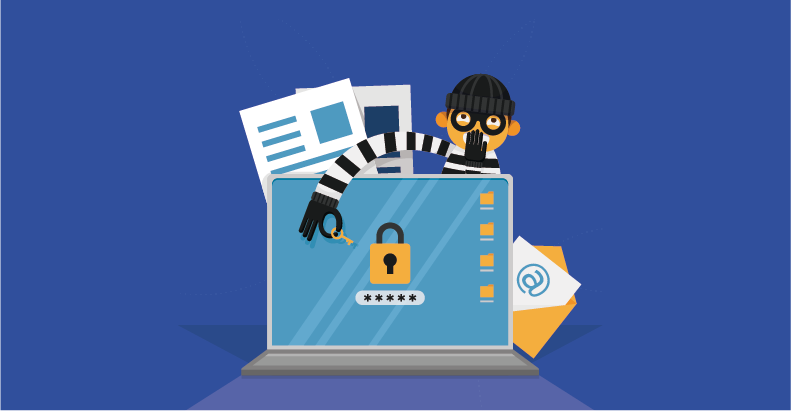Web 2.0 Alert: 12 Cyber Security Proven Practices to Stay Safe Online
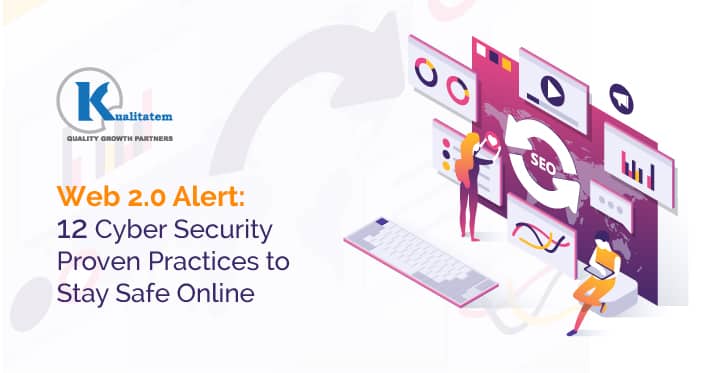
- November 28, 2018
- Kualitatem
We shop online, stay in touch with family and friends, pay utility bills, search for the next vacay destination, market our businesses better, and stay informed about the latest news from around the world. These are to say but a few blessings of the Internet on us.
Where the internet is a hub of all information and excitement, it’s equally thrilling for your not-so-friendly neighborhood Cyber criminals. On a hunt to befool the weak ones, they’re always on the search to get access to someone’s personal details for all sorts of unlawful activities. It’s time to gear up for some cyber security. How to stay safe online should be the next big thing on your priority list.
So what are some of the most favorite activities a cyber-criminal idolizes? To name a few:
-
Phishing attack:
Using fake emails and websites to attain access to confidential user information.
-
Hacking:
Unauthorized intrusion into a computer or a network.
-
Social Engineering:
Manipulating individuals to disclose confidential information that may be used for fraudulent purposes.
-
Potentially Unwanted programs (PUPs):
Making users download an app that weakens the computer’s security.
-
Scams:
Emailing users with a harmful link that, once clicked on, perpetrates into your system.
-
Webcam hacking:
It is an attempt to hack into a person’s webcam and activate it without the webcam owner’s consent.
Verizon’s 2018 Breach Investigations reveal that 92% of malware is still delivered via email. While Juniper research has already estimated that the criminal data breaches will cost businesses nearly $8 trillion in the next 5 years, as a result of increasing levels of Internet connectivity and insufficient enterprise-wide security.
The report further highlights the growing cyber security problems become even more critical when businesses integrate new systems with old ones without referring to overall network security.
Seeing the circumstances, it’s time to take an action! We have listed down 12 cyber security proven best practices that are information security officials at Kualitatem have advised us of internally and also counsel clients to help us and them to stay protected from cyber-crimes.
1. Get your Anti-Virus Installed
It is recommended to install a registered anti-virus to protect against software viruses. Anti-virus scans any malicious virus that may harm your computer or data. It is also necessary to update your anti-virus program as there is a chance of becoming a victim. By using a registered product, the probability of suspicious attacks has lessened.
2. Use strong passwords
Do not re-use the same password for every site. Also, choose a password that follows the standard like at least one capital letter, use of special characters, a combination of letters etc.
3. Lock down your system
Always remember to lock down your PC, or make your system auto-lock especially at public places, especially when it isn’t in use, to prevent from unauthorized access.
4. Look for SSL-Certificate
While doing any online shopping or banking, where the users share their personal data, it is advised to look for HTTPS in the address bar of your browser. This indicates that the website is using a security certificate. This ensures that your entered data is secure. This certificate basically encrypts your data and then send it to the server.
5. Do NOT connect to public Wi-Fi!
It is not preferable to connect to public Wi-Fi since there is a maximum number of chances of getting attacked by a cyber-criminal. If you are using public Wi-Fi, use VPN to protect yourself.
6. Don’t fall prey to fishy links
Never ever provide your username or password to doubtful links. It’s a common bait to fish for the target. These links may state that your name has been selected for a lucky draw or you have won a lottery. Users get mesmerized and give them their entire details in the longing of winning money so one has to be vigilant of these types of attacks.
7. Turn Your system off
Always remember to shut your system down when not in use. Habitually power off the connections since that’s where attackers breach data for network systems.
8. Never share your personal data
Keep your personal data hidden. It should not be exposed to social media such as Facebook, Twitter, Instagram etc. Criminals get footprints from social media easily and are able to attack the first chance they get. For example, if you have used your pet’s name as your password, it is easy to answer one of the security questions i.e. What is your pet name? Moreover, avoid telling your password to your friend or anyone. Your friend might be the cause of your hacked account or data.
9. Keep your software updated
It is a good practice to keep your software updated, especially when it comes to your operating system and network security systems. It covers any loopholes in your network from where data can breach.
10. Avoid downloading from an unknown source
You have always noticed during internet surfing a pop-up appears that tells that you have some virus in your system and to clean that you need to download that software mentioned in the pop-up. Never trust such so-called protection. It is a trap to get you hooked. Once you download their software, it penetrates into your system and extracts sensitive information for criminals.
11. Keep your identity cards hidden
When moving in public, try not to reveal your ID card or any physical card that displays your information. For example, an employee at a bus stop is hanging an ID card around his neck. A wrongdoer might notice employee ID or phone number so that he can call you and tell you your employee ID and say I am HR from your office you consider that this is not a fake call because the other person knows your employee ID. As a result, you share your company’s personal information to that caller and get fired.
14. Spam Emails
Be careful while going through your spam emails. The highest amount of junk emails is filtered in spam. These emails contain fishy links and can trap you. Some emails might say that we have gone through your resume and consider you an eligible employee, kindly send us your updated resume and contact number. This is where victims got fooled and send resume containing personal information that attacker might use against the bait.
“Prevention is better than cure”. So the experts have said it. With these precautionary measures, you can be safe from getting attacked. If you suspect someone, don’t wait to get that catch the culprit. Take some serious action against this illegal act. This way, not only are you helping yourself but protecting your company and others around you.



